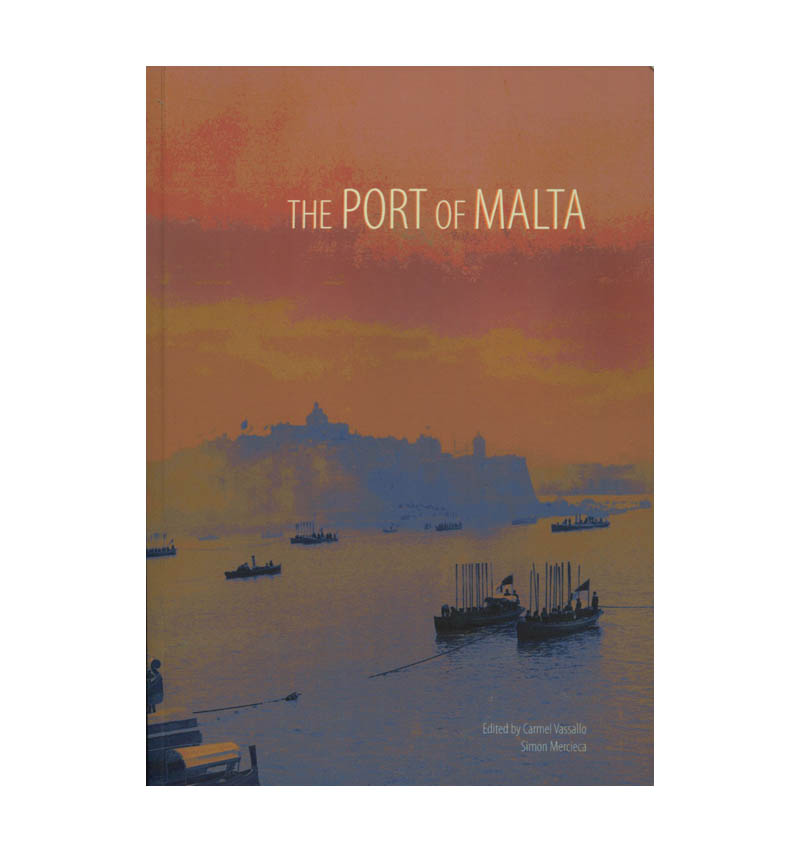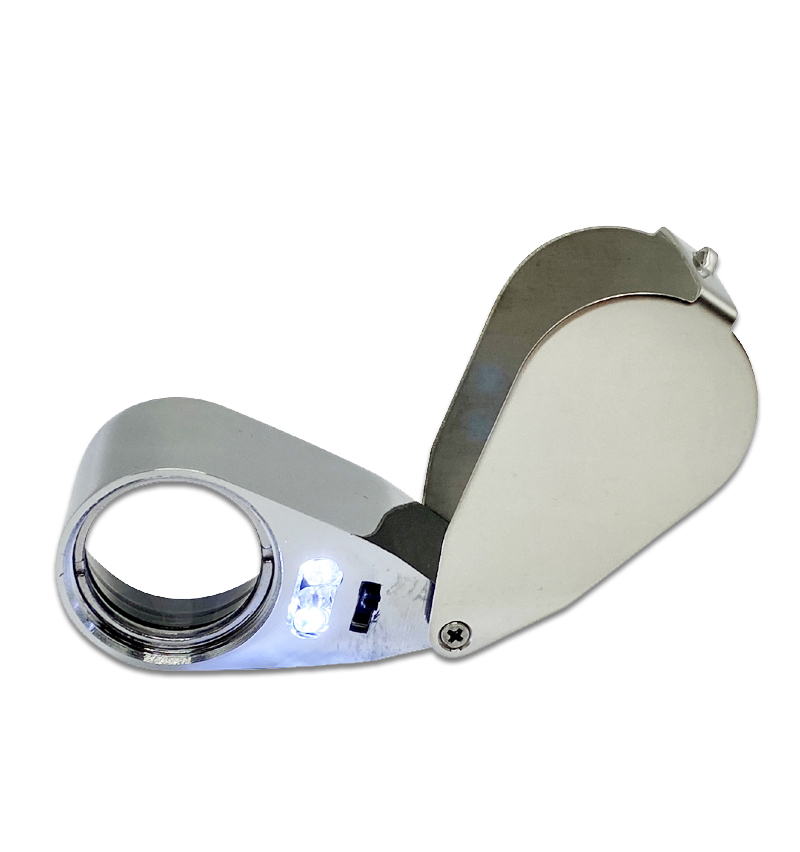Description
This collection of essays constitutes a testimonial to a bygone age when cargo was not containerized and, as a consequence, had to be manhandled in Valletta’s harbours rather than mechanically moved about at the Malta Freeport in Marsaxlokk, and when ships had large crews requiring large numbers of mariners, local and foreign. They and their families together with those engaged in providing them with services made up the vibrant harbour communities which constituted the theatre in which these human beings acted out the drama of their daily life in peace and war. At the same time this publication hails the new emerging Valletta which proudly showcased the best that Malta has to offer during its tenure of the title of European Capital of Culture. It has been a remarkable change and it is a renewal which is set to continue. Contents: Aspects of Malta’s Harbour before 1530 – Stanley Fiorini; The Island Order State on Malta, and its Harbour c.1530-c.1624 – Joan Abela & Emanuel Buttigieg; Dealing with Manpower Shortages in the Mediterranean: The Order of St John’s Labour Force Problems during the ‘Long Seventeenth Century’ – Ivan Grech; Port of Call and Health Shield: Some early Eyewitness Reports on the Procedures of Arrival and Quarantine in Hospitaller Malta – Thomas Freller; Malta and the Baltic Connection Ships, Masters, and Goods Passing through the Strait of the Sound, 1743-1856 – Michela D’Angelo; The Tyranny of the Winds: Maritime Connections. and Distruptions between the Eastern Mediterranean and the Port of Malta in the Late Eighteenth and Early Nineteenth Centuries – Frank Theuma; Ionian Shipping and Trade in the Port of Malta in the Late Eighteenth and Early Nineteenth Centuries –Gerassimos D. Pagratis; The Grand Harbour Extension Project: Economic and Political Implications for British Malta, 1858-1870s – Simone Azzopardi; Hidden Echoes of Malta’s Maritime Past: Surviving Nineteenth-Century ex-Voto Paintings at the Parish Church of Cospicua – Simon Mercieca











